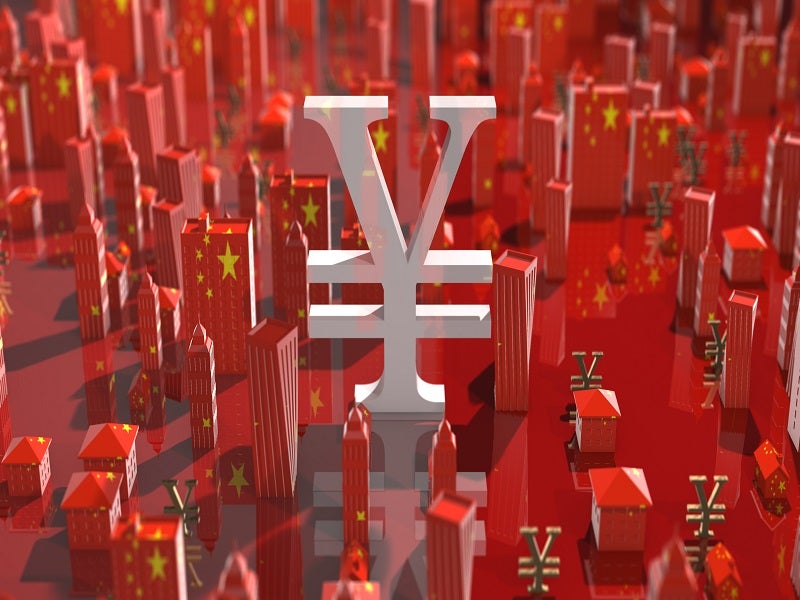China has been successful in controlling the Covid-19 outbreak and is expected to recover before the rest of the world. The policies adopted by the government, however, may be increasing the wealth gap between high-income and low-income groups in the country. Macroeconomic influencers share their views on the Covid -19 impact.
Adam Tooze
Adam Tooze, an economist and director of European Institute, shared an article on how the Covid-19 pandemic is widening the wealth gap in China. Wealthier people in the country have not been affected by pandemic as much as the lower income groups who are struggling financially.
The reason behind this uneven recovery is the policies adopted by the government, which has focussed on stimulating investment and construction instead of providing direct cash to people as other countries have done. These policies have helped the wealthy people and not the middle and low income groups.
The International Monetary Fund (IMF) has projected a 1.2% GDP growth for China but the policies adopted by the government will not help in consumption recovery, which accounted for 57.8% of GDP. The low and middle income groups account for majority of the overall consumption compared to the high-income group. The situation is expected to worsen as job losses increase, which will push the low income groups into poverty.
Currently there are 2.1 m recipients of unemployment benefit in China!??!? Its amazing they even publish these data. How long before Beijing acts on need to create an adequate social safety net that actually supports incomes of 100 m+ migrant workers? https://t.co/iaGG0xSkcS pic.twitter.com/3HhWFiLad4
— Adam Tooze (@adam_tooze) August 18, 2020
 GlobalData Strategic Intelligence
GlobalData Strategic IntelligenceUS Tariffs are shifting - will you react or anticipate?
Don’t let policy changes catch you off guard. Stay proactive with real-time data and expert analysis.
By GlobalData
Christopher May
Christopher May, professor of political economy at Lancaster University, shared an article on the fall in household finances as the unemployment rate continues to increase in the UK. The article notes that the IHS Markit UK household finance index fell from 41.5 in July to 40.8 in August. A number above 50 indicates an increase in household finances.
Households have put non-essential spending on hold amid the uncertainty caused by the pandemic. Across various industries including manufacturing and hospitality, job redundancies have increased in addition to the number of hours worked remaining at 80% compared to the levels in February.
Looks like the optimists at the #BankofEngland & elsewhere hoping for a prompt recovery from #coronavirus economic crisis are about to (re)discover the importance of 'effective demand' in the economy… Autumn/Winter look ever girmmer for employmenthttps://t.co/J4zW9S1e9V
— Christopher May – just…. make… it… STOP! (@chrismayLU) August 18, 2020
Rupa Subramanya
Rupa Subramanya, an economist, tweeted on how approximately 400 million workers in India are at risk of falling into poverty due to the pandemic, according to the International Labour Organisation (ILO).
A large number of educated people are becoming unemployed in India due to the pandemic, reversing the gains made over the last two decades. The pandemic has forced millions of youth who shifted to cities to earn a living to go back to rural areas without any job prospects.
At least 400 million Indian workers at risk of falling deeper into poverty, according to the ILO. COVID-19 is leading to a rising number of educated but unemployed in India. A staggering reversal of gains India made over the last two decades lifting millions out of poverty. https://t.co/l9eSq34jC5
— Rupa Subramanya (@rupasubramanya) August 18, 2020
Nasser Saidi
Nasser Saidi, president of Nasser Saidi & Associates, shared an article on the consequences of the Trump administration’s calls for decoupling of corporate ties between the US and China. The government already issued executive orders directing US-based companies to break ties with Chinese firms including ByteDance and WeChat.
The policies announced by the government could hurt American firms in terms of lost revenues in China, and increase in expenses incurred due to shifting factories out of the country. The impact could cost global technology firms more than $3.5tn over the next five years. Global firms earn 5% of their sales in China, which could be lost if they shift their operations.
https://twitter.com/Nasser_Saidi/status/1295837753519886337




